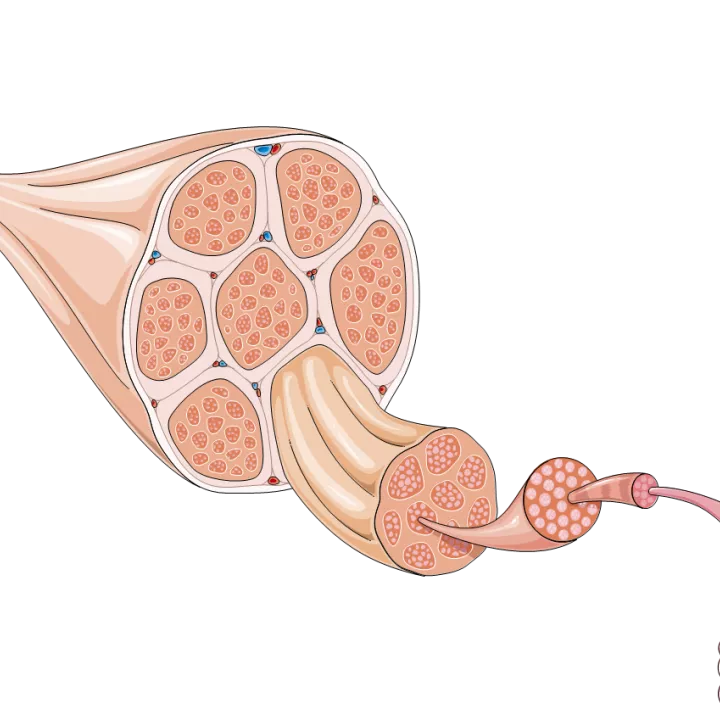Condition
Muscle and Skeletal Diseases
Neuromuscular disorders – which cause atypical development and innervation of the muscle system – are often genetic in basis. They can also be caused by environmental factors earlier in development, such as a shortage of oxygen. These disorders vary in their effects and severity. Movement issues can include limited range of motion, repetitive movements, or reduced motor control. Individuals may also experience muscle weakness, loss of sensation, and difficulties with speech and eating.
Musculoskeletal disorders are acquired conditions affecting the skeletal or muscle system. They may be caused by sudden injury, or by repetitive strenuous activity or behaviour. These cause pain, reduced mobility and often impaired quality of life. As many musculoskeletal disorders are occupation-related, they can also affect an individual’s source of income.
Current treatments of these disorders focus on physiotherapy and medication to improve mobility and motor control and manage associated pain. Researchers are investigating the development and healing processes of the muscle and skeletal systems to better understand how to promote healing and repair in damaged tissue. Scientists are also working to understand the genetic basis of these conditions, and clinical trials are currently being conducted on several gene therapies for different conditions. In this section you will find factsheets about specific muscle and skeletal conditions and ongoing research into these conditions.

